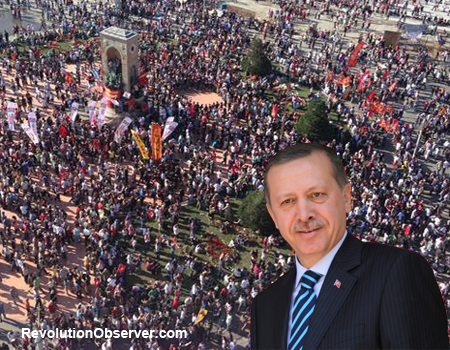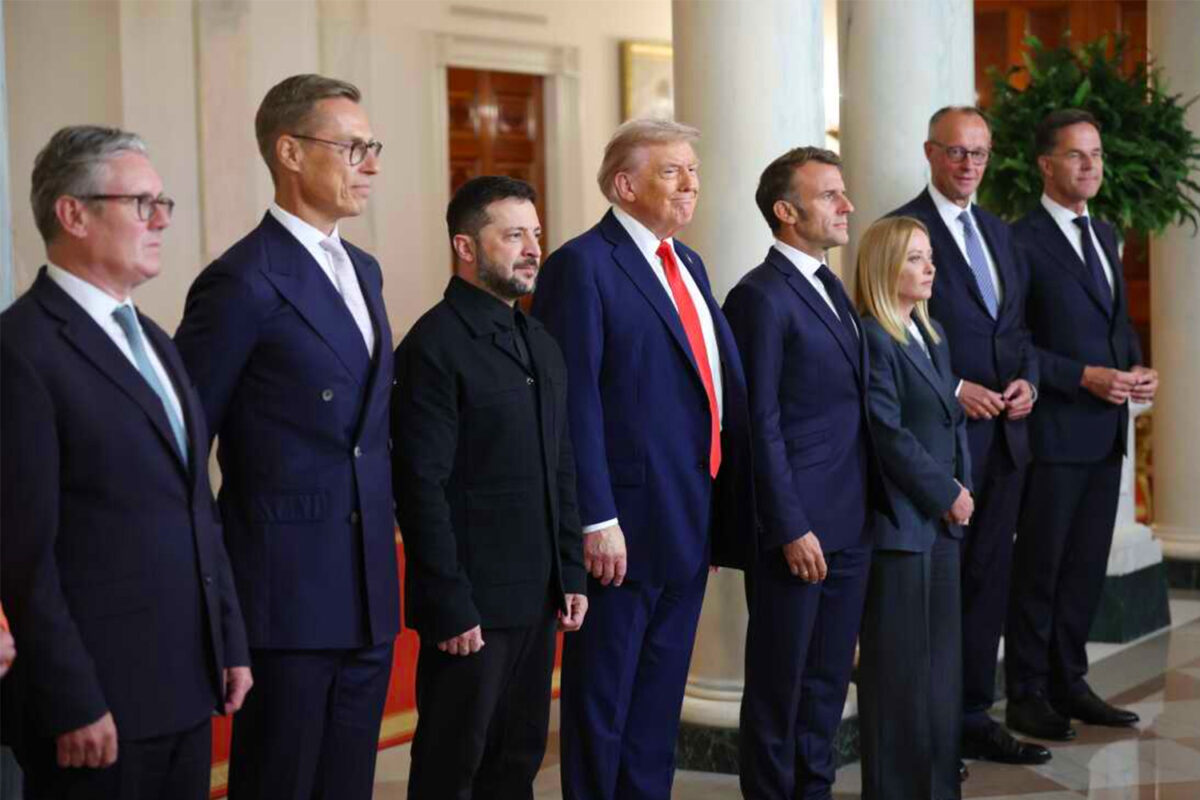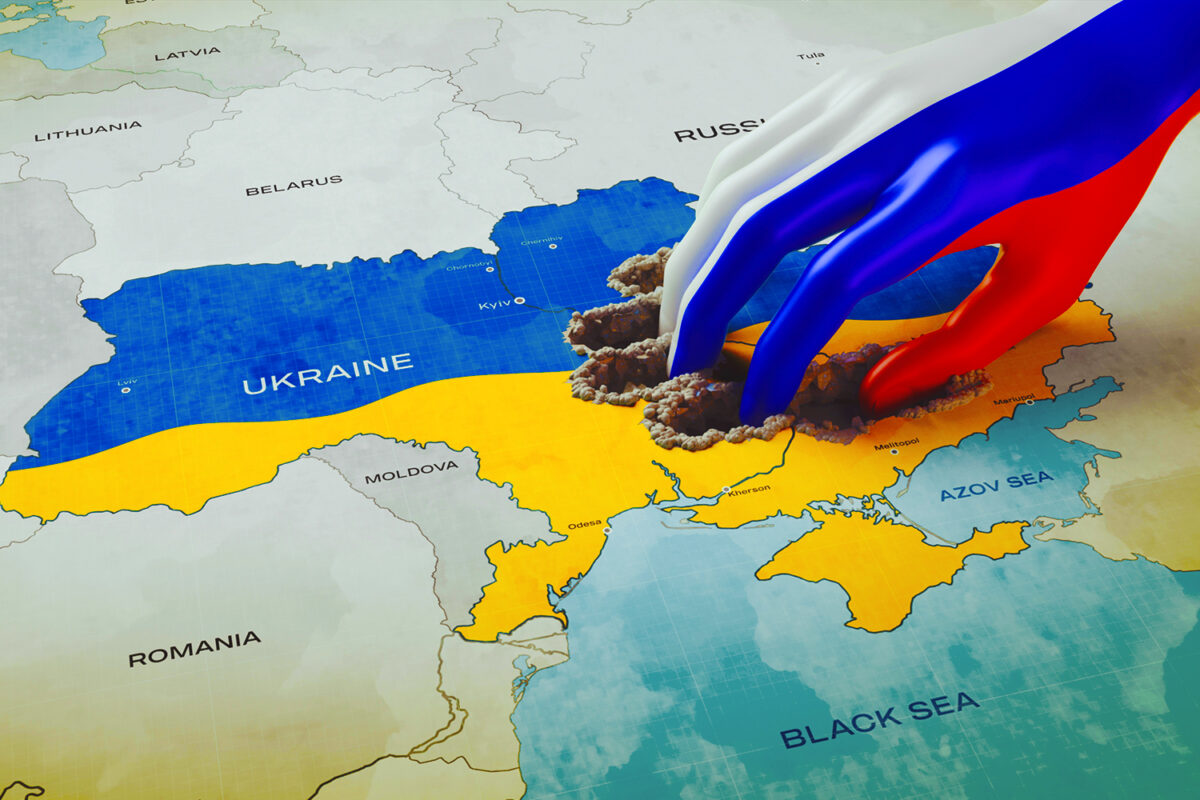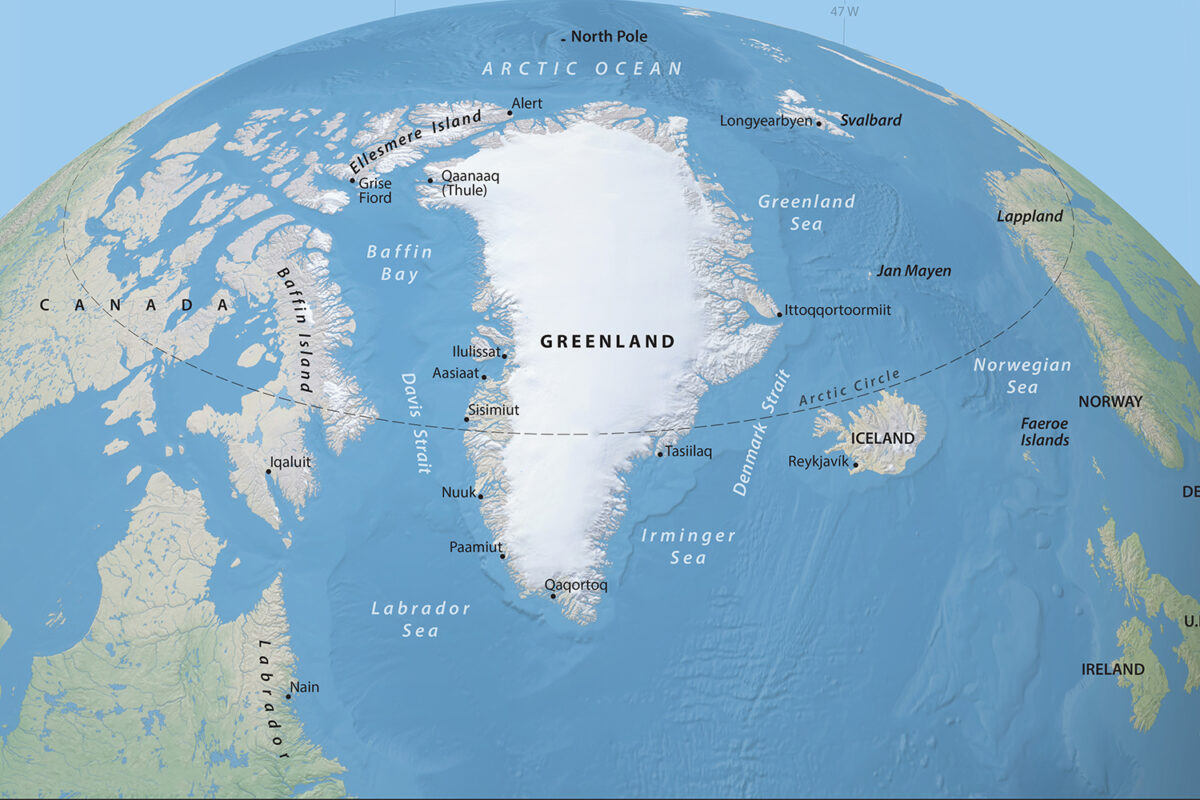By Adnan Khan
“This is the first battle Erdoğan lost in recent memory. He overreached — his hubris, arrogance and authoritarian impulse hit a wall.”[1] This is how one columnist described the protests that have rocked Turkey for the past week. While Turkey is not immune from protests and has had its fair share in recent history, it is clear that something much larger than the destruction of trees close to Istanbul’s Taksim Square, is driving the unrest. Given Turkey’s accessibility to the Internet, the clashes have been described in vivid detail online, with many videos capturing both the carnival-like atmosphere on the streets and the heavy-handed police response. While the protests have spread to other areas they have remained in the thousands, and with Recep Tayyip Erdoğan’s significant support base, it remains to be seen how much impact the current unrest will have on Erdoğan’s grip on power.
Protests began on May 28, when a small group composed mostly of young environmentalists gathered in Istanbul’s Taksim Square as trees were to be cut to make way for a major new development that reportedly includes a shopping mall, a mosque and a rebuilt Ottoman-era military barracks. The initially peaceful demonstration turned violent the night of May 30, when police tried to break up what had grown to more than 100 protesters. By the weekend more than 10,000 people gathered in Taksim Square, and the protesters were further emboldened when the leadership of the the Kemalist Republican People’s Party (CHP), the main opposition party to the AKP government, joined the protests.
The size and scope of the protests, however, need to be kept in perspective. Whilst protests spread to a number of other cities such as Izmir, Eskisehir, Mugla, Yalova, Antalya, Bolu and Adana, these are Republican People’s Party strongholds and one would expect them to bring out a large number of supporters. The largest protests, in Istanbul and Izmir, brought out predominantly young protesters in the tens of thousands. The protests would be highly significant if they grow to the hundreds of thousands. “Many pundits have argued that demonstrators were from multiple segments of Turkish society. It is true, to an extent — but the majority appear to have come from segments of the population already inclined to dislike Erdoğan. Most were middle class youth, somewhere between 20 to 30 years old, with liberal sensibilities that clashed with the Turkish government’s social conservative bent.” [2]
Since taking power Erdoğan and his party, the AKP, have gone from strength to strength. Erdoğan is a conservative secularist who tries to appeal to the Islamic popular base, in no way an Islamist, and the AKP is a wide coalition of progressive-minded politicians and businessmen who were fed up with the old guard of the Kemalist “Ataturk” republic, represented by the army and the CHP party. On sweeping to victory in the 2002 elections, Erdoğan initiated reforms to weaken the army’s hold on the country. The peace process with the Kurdistan Workers’ Party to end their insurgency is on the verge of bearing fruits. Erdoğan created a new breed of business elite who now form a powerful coalition of party-affiliated businessmen and media outlets whose livelihoods depend on the political order that Erdoğan continues to construct. For the secular elements in Turkey who have seen their power erode considerably during his reign, the final straw is Erdoğan’s constitutional referendum which will transform Turkey from a parliamentary system to a presidential system. Such change would enable Erdoğan to continue leading Turkey as president beyond 2015, when presidential elections are scheduled.
One resident of Istanbul who participated in the protests, said: “We want to protect our environment, our park in Taksim Square, we want to protect Ataturk’s ideas and thinking… Recep Tayyip Erdoğan is against Mr. Kemal Ataturk.”[2] This encapsulates Turkey’s current unrest. What is taking place in Istanbul is no Arab Spring, it is not the oppressed poor rising up against dictatorial rule. It rather is a minority from a position of weakness seeing their secular outlook disappearing day-by-day. For them everything the Erdoğan government does is an attempt to Islamise the country. So when alcohol sales are restricted a disagreement about legislation becomes a battle between democratic loving youth on one side and a religious “zealot” in the form of Erdoğan on the other. On this occasion, the CHP is riding the wave of environmental concerns about this development project to protests and weaken Erdoğan.
The ongoing struggle in Turkey is not between an Islamic movement and a secularist one. Rather, the feuding parties are all secular, including the AKP. Erdoğan and the AKP use the Islamic sentiments of the majority of Turks to further their agenda. On the political front, the AKP seeks to shift power from the old elite dating back to the British influence in WWI to a new elite that is more in stream with American policies and interests in the region. Such strategy is by no means an “Islamisation” agenda. Rather, it is an agenda that exploits Islamic tendencies in the majority of the Turkish people to strengthen the secular foundations of the state. The polarizing effect of the recent demonstrations on the religious/secular fault lines of Turkish society actually strengthens Erdogan’s popularity among his supporters by downplaying his secular credentials and boosting his image as a “defender of the faithful”. If the opposition can coalesce into a unified group that can sustain protests, the most they can achieve is to extract concessions from the AKP or weaken its government.
[1] New York Times, http://www.nytimes.com/2013/06/03/world/europe/development-spurs-larger-fight-over-turkish-identity.html
[2] Foreign Policy, http://www.foreignpolicy.com/articles/2013/06/03/the_struggle_for_the_heart_of_istanbul






0 comments
Anonymous
9th June 2013 at 2:54 pm
Is it not true that Erdogan is a puppet in the hands of the west? Then why would he not give in to a more pro-western democracy. What stops him from it and why?
Jimmy
10th June 2013 at 4:07 pm
Erdogan’s constituency is his Islamic base. If he does not appease them with superficial measures he will lose the mass support that has seen him through 3 elections. The fact that he is U.S. tool means that he has to play a balancing act.
The battle is effectively between soft secularism and aggressive secularism.
Anonymous
10th June 2013 at 10:39 pm
Obama, Kerry, Biden, McCain, Hollywood, US media all came out strongly against the Turkish govt. from day one. i am also surprised you think Britain and US are pursuing different global agendas.
If I remember correctly in 2003 this very same pro american govt. denied them even the airspace for invasion of Iraq.
The early part of the article is plausible but the ending is a proof less fairy tale.
CHP is marred in its own strife for years ever since its leaders sex scandal. The other oopsition party MHP is hating AKP these days for striking a peace deal with the PKK ending decade’s long war that cost 40,000 lives. Another thing is that a fortnight ago the government introduced a law that prohibits public consumption of alcohol. This law came a few months after the banning of alcohol on university campuses. So the degenerate drunks had a problem. There is no shopping mall plan. The trees were being cut to expand a footbridge. Secondly a mosque and an opera house is to be built as part of a cultural center replacing the current dilapidated Ataturk center also containing an opera house with only a few shops to make it self-sufficient rather than a mall and even these plans have not been finalized and no paperwork has been drawn. Apart from political workers and university drunkards other protesters are the air hostess of Turkish airlines demanding a pay rise, TV actors of degenerate TV soap “the magnificent century” which was publicly criticized by the PM for presenting false history, hooligan support groups of three big Istanbul football clubs have also joined in, two of these clubs are marred by match fixing allegations and are under investigation and these supporters oppose the idea of their clubs being penalized. You can make your own judgment on these groups and their motives. But one thing is for certain there is no way to simplify things and there certainly is no black and white.
Anonymous
13th June 2013 at 10:30 am
very good comment, more informative than the original article.